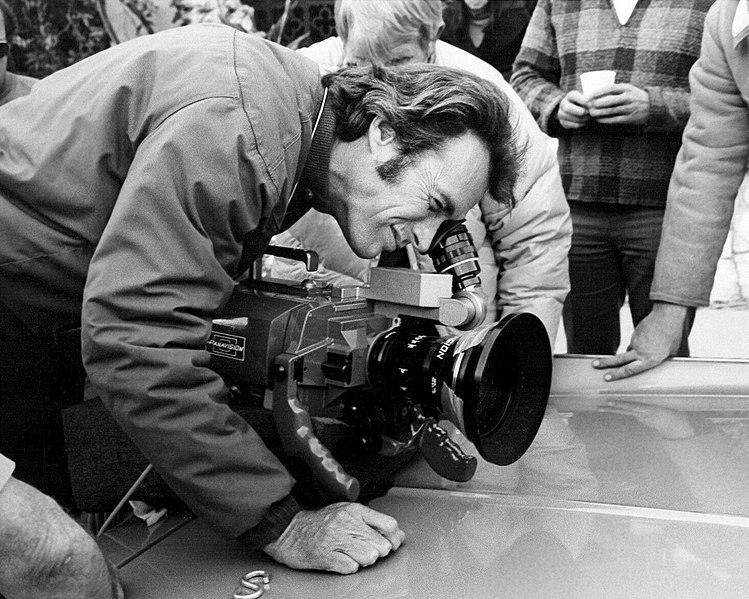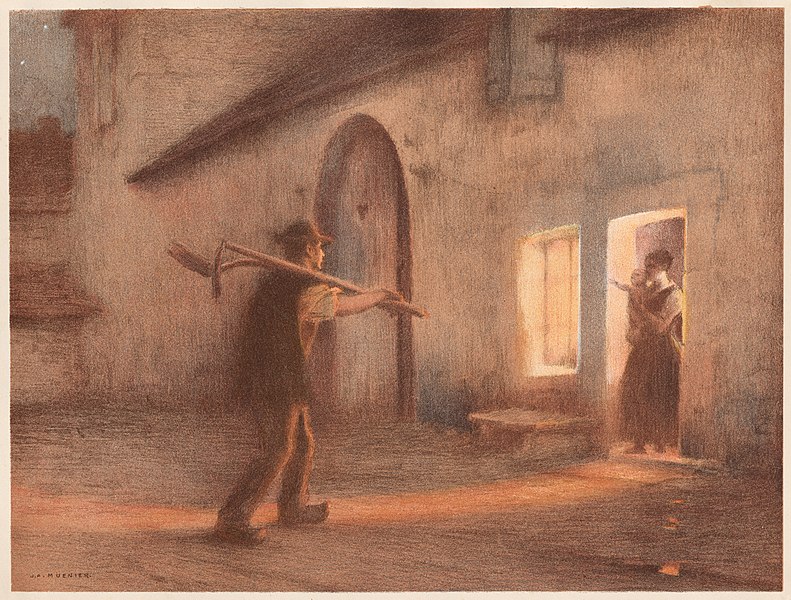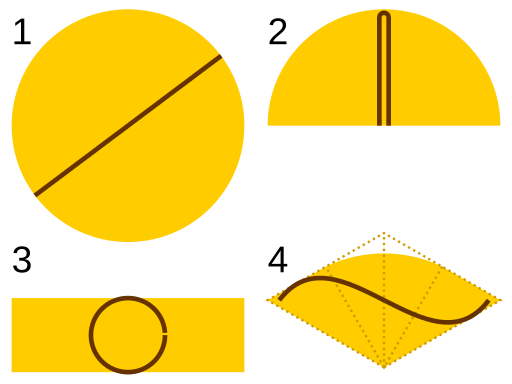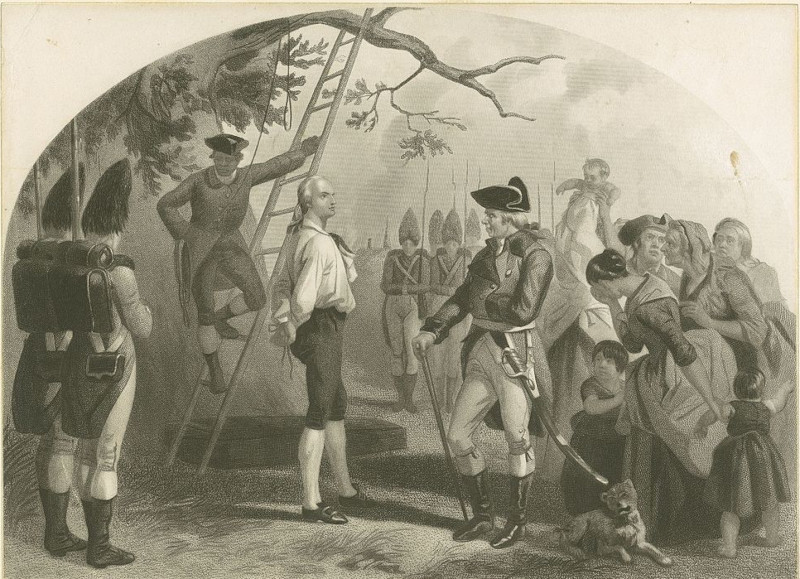
Proverbs from around the world:
- Don’t buy someone else’s problems. (Chinese)
- Strange smoke irritates the eyes. (Lithuanian)
- The poor lack much, but the greedy more. (Swiss)
- It is the mind that wins or loses. (Nepalese)
- The point of the needle must pass first. (Ethiopian)
- God did not create hurry. (Finnish)
- When you go, the road is rough; when you return, smooth. (Thai)
- If you want to marry wisely, marry your equal. (Spanish)
- Where is there a tree not shaken by the wind? (Armenian)
- Wherever you go, you can’t get rid of yourself. (Polish)
- Money swore an oath that nobody that did not love it should ever have it. (Irish)
- Character is habit long continued. (Greek)
- Where you were born is less important than how you live. (Turkish)
- It is better to prevent than to cure. (Peruvian)
- Don’t do all you can, spend all you have, believe all you hear, or tell all you know. (English)
- Better is better. (German)
(From Reynold Feldman and Cynthia Voelke, A World Treasury of Folk Wisdom, 1992.)






